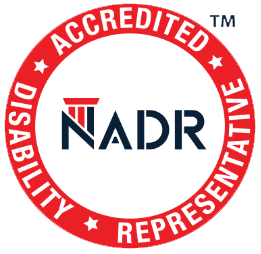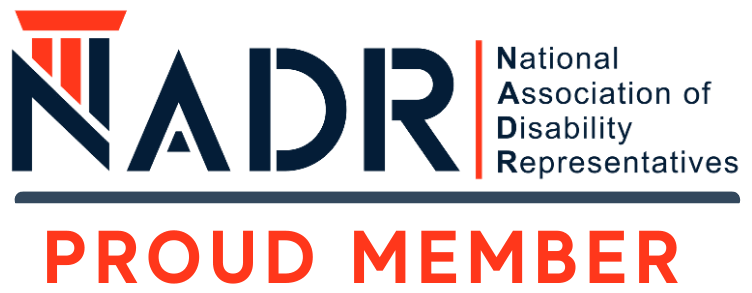Money Management Tips When on SSDI
As anyone on Social Security Disability (SSDI) knows, it can be a challenge to make that money cover all living expenses. It’s not only essential to make ends meet but try to make every dollar of your disability payment count. Luckily, there are a few money-management tips to help ease financial burdens. Developing these habits can make you feel more in control of your money. There are even some cases where family members may be eligible for auxiliary benefits. Try some of these money management tips below.
Learning to Budget
Budgeting is one skill that can make or break your ability to pay bills and make ends meet. A reasonable budget can help you understand precisely where your money is going. Setting up a monthly budget is like having a plan for your money. It will assist in anticipating expenses, highlighting your highest costs, and help plan for the future. According to Mint.com, there are six simple steps to setting up a monthly budget:
- Know how much money you have coming in. Besides your SSDI, do you have other family members bring in income? Also, consider cash flow. When you receive money is just as important to consider.
- Set fixed budget categories. These are your expenses that don’t change from month to month—for example, mortgage or rent, car payments, cable bills, etc. Knowing your fixed expenses allows you to better plan for all the rest.
- Define your variable expenses. These will be all the categories that change every month. For example, it could include pet expenses, groceries, gas, etc. Since these costs vary, tracking them helps you anticipate future monthly budgets.
- Pay off debt first, then save money. Work to pay off credit card debt first, as this will cost you more in the long run. Once you have paid off debt, start putting as much money as you can away in savings. It is always good to have savings for unseen expenses.
- Make adjustments to your budget. Now that you have everything done above, you can see where you spend the most. Try to adjust your budget to allow for more cost savings.
- Keep up the momentum. As you work toward your savings goals, continue to keep track every month. It can be stressful, but it allows you to stay in control.
Where to Find Savings
Beyond budgeting, there are ways to help your dollar stretch. Take an honest look at your expenses and see where you spend the most. Here are some money-saving tips to consider:
- Trade-in a newer, high-monthly payment vehicle for a used car. A used car can lower your monthly payment. You can put the money you save toward debt or put it away.
- Clip those coupons. Groceries, especially for families, can cost a lot. However, keeping food on the table is essential. Coupons are a great way to keep those grocery expenses down.
- Meal planning can also help you save in the long run. When you come up with weekly menus, you tend to stick to them and are less likely to eat out.
- Call your cable or phone company to see if they can lower your monthly bill. They may have programs you were unaware of or discounts you may be eligible for. You’ll never know until you ask.
Other Money Management Tips
Many times living off SSDI can lead to financial difficulties. Therefore, it’s important to use your support system when you feel you need it. Outside their help, there are also other programs you can look into. For example, there are low-income housing solutions if your current rent or mortgage is too high.
And when it comes to your overall health, prioritize any medications or equipment you may need to stay healthy. You may even want to look into co-pay programs. If eligible, these services can help you pay for a portion of your medical expense and are completely free. We recommend you speak to your doctor or pharmacist to help you apply. Furthermore, the Achieving a Better Life Experience (ABLE) Act allows states to create tax-advantaged saving programs for eligible individuals.
We hope these money management tips are helpful. Overall, improving your money management skills is great to have—budgeting and controlling your finances in the best way to maximize your SSDI and reduce your financial concerns.



